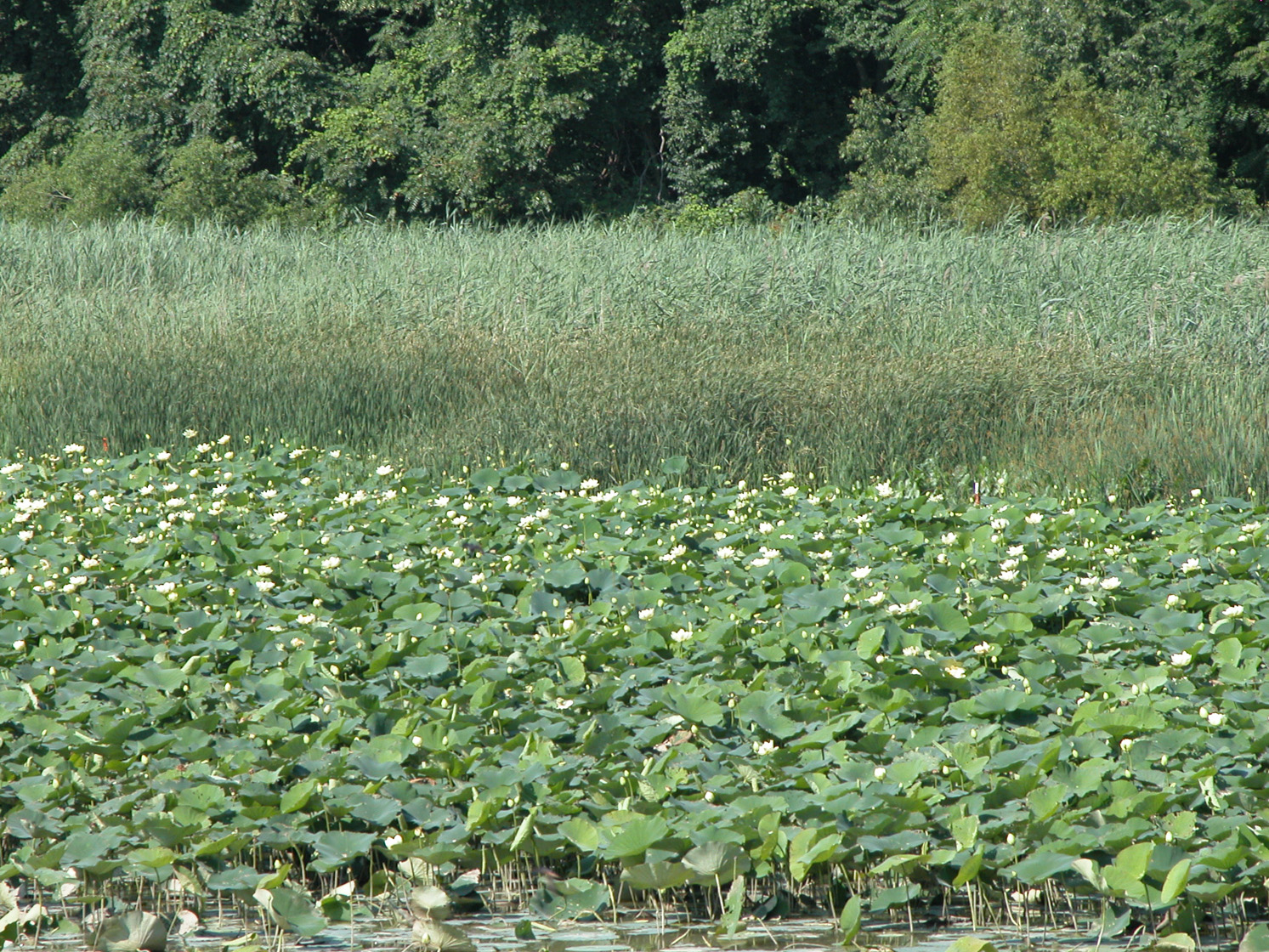|
Biological and Environmental Sciences Department |
 |
Dr. Robert S. Whyte
Associate Professor, Biological and Environmental Sciences
Curator, John Franklin Lewis
Herbarium
Phone: (724) 938-5955
E-mail: whyte@calu.edu
Office: 412 Frich
Plant Ecology: Plant community dynamics in wetland and aquatic systems
Education
B.S. (1980) Fisheries & Wildlife, Michigan State University
M.En. (1986) Environmental Science, Miami University of Ohio (Water
Resources)
Ph.D. (1996) Botany, Miami University of Ohio
Post doc. (1996-1997) with David Francko, Department of Botany, Miami University
of Ohio
Related Sites
TEACHING
Courses
Contemporary Issues in Biology (BIO 103)
- Basic biological principles are applied to the understanding of current
social-biological problems and how these relate to an individual’s personal
life. Topics included are human sexuality, nutrition, health and disease,
evolution, behavior, and the diversity of life. Three lecture hours weekly. For
students not majoring in Biology. (3 crs.) Fall & spring.
Wetland
Ecology (ENS 475) - A coordinated lecture/laboratory approach
that will emphasize wetlands within the continental United States. The course
will provide a background in both historical and modern wetland issues;
characteristics of freshwater, estuarine and marine wetland types, including
important plants and animals of each; processes of wetland determination and
delineation; regulatory framework of wetlands protection; and procedures
involved in wetland restoration and conservation. Prerequisites: BIO 310 and
permission of instructor. (4 crs.)
Dendrology (BIO 442) - A study of the tree species of the Kingdom
Metaphyta: the importance of these organisms to other biota, especially man, and
their prospects of continued survival in a rapidly changing biosphere. Emphasis
on the forest communities and tree species of the mixed mesophytic forest
regions of southwestern Pennsylvania. Prerequisites: BIO 115 and BIO 125. Three
lecture hours weekly. (3 crs.)
Botany (BIO 125) - A survey of form and function of the major plant
groups as well as the bacteria, algae, water molds, slime molds, and fungi
within the overall framework of a modern phylogenetic system of classification.
Prerequisite: BIO 115. Three lecture hours and three laboratory hours weekly. (4
crs.) Fall & spring.
RESEARCH
●Effects
of Great Lakes Water Level Fluctuations on Plant Diversity (Old Woman Creek
National Estuarine Research Reserve) (See
Poster (pdf file): The Invasion and Spread of the Emergent Plant Phragmites
australis into a Lake Erie Coastal Wetland; presented at the 2006 Annual
Conference of the Ecological Society of America, Memphis TN)
●Digital Wetland
Database Development in SW Pennsylvania
●Additional
Ongoing
Collaborations
- patch dynamics in the Old Woman Creek wetland assessing biodiversity in various
patch size based on distinct plant communities (Joe Holomuzki, David Klarer)
Back to top

